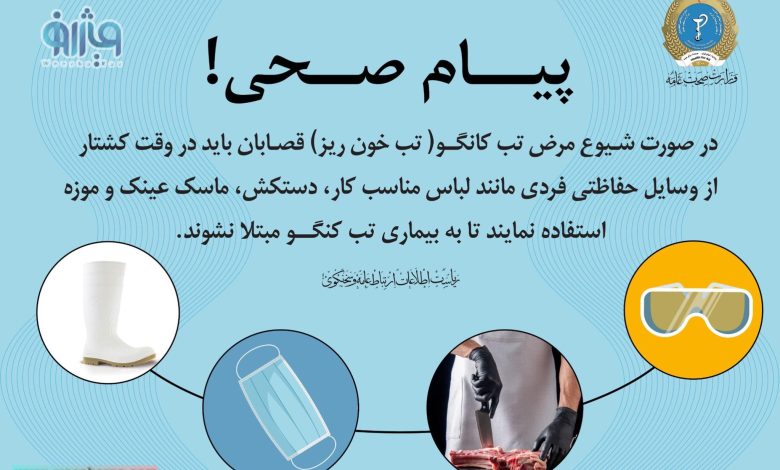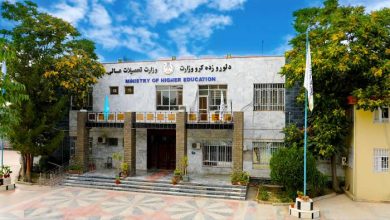MoPH Warns of Congo Fever Ahead of Eid al-Adha; Butchers and Livestock Handlers at High Risk
Kabul-With Eid al-Adha approaching, Afghanistan’s Ministry of Public Health (MoPH) has issued a health advisory warning of the increased risk of an outbreak of the dangerous Crimean-Congo Hemorrhagic Fever (CCHF). The ministry urged all individuals involved in animal slaughter and meat handling to strictly observe precautionary measures.

weezharoz-According to the advisory, butchers must wear personal protective gear such as gloves, appropriate work clothing, face masks, protective eyewear, and boots while slaughtering animals to prevent contracting the virus.
What is Congo Fever?
CCHF is a viral disease that can be transmitted from animals to humans, primarily through direct contact with the blood or tissues of infected animals such as cattle, sheep, and goats.
Ticks are also known to be major carriers of the virus.
CCHF in Afghanistan
In recent years, Afghanistan has witnessed a rise in CCHF cases, largely due to poor hygiene standards, lack of medical infrastructure, and inadequate regulation of animal slaughter and meat markets.
Most reported cases have emerged from provinces such as Herat, Nangarhar, Kandahar, and Kabul particularly during Eid al-Adha, when animal slaughter peaks nationwide.
*Global Factors Behind CCHF Spread*
Globally, rising temperatures, livestock movement, unregulated trade of live animals, and weak healthcare surveillance systems are among the primary factors driving the spread of Congo Fever.
Countries such as Pakistan, Iran, Iraq, Turkey, and several regions in Africa are considered high-risk zones for the disease.
Recommended Measures
MoPH has urged the public to:
Avoid direct contact with blood or meat of freshly slaughtered animals without protection.
Only purchase animals from certified health-inspected sources.
Refrain from conducting animal slaughter in unauthorized areas.
Immediately seek medical attention if symptoms like fever, bleeding, severe body pain, or dizziness appear.
This advisory comes as Afghanistan’s health system, with support from national and international organizations, is working to prevent viral outbreaks during this high-risk season.
Weezharoz




